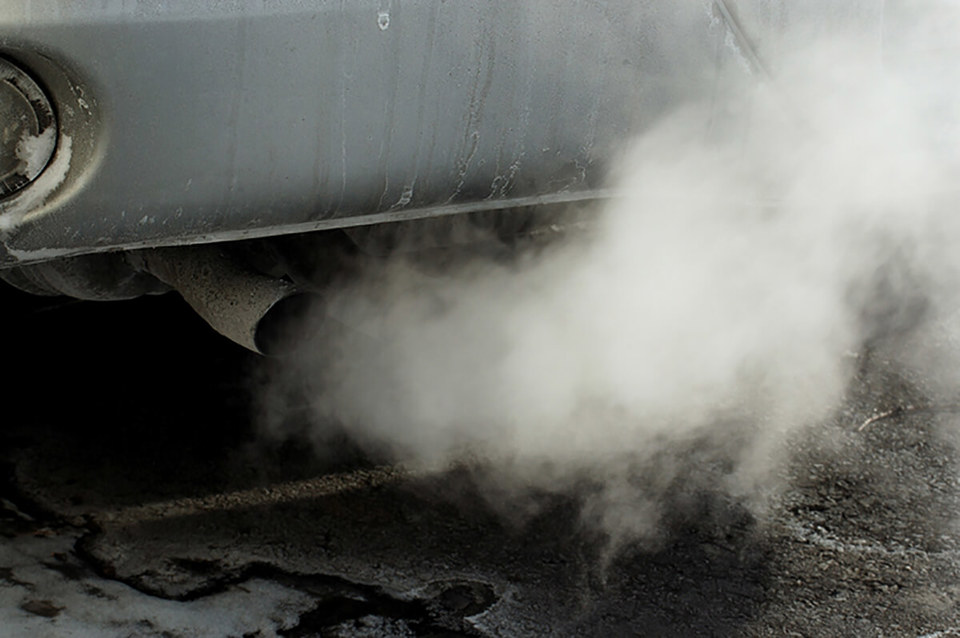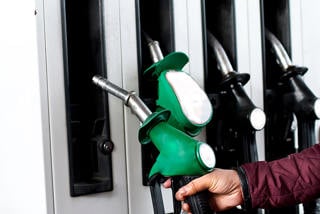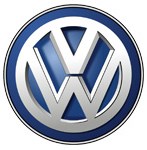Banning diesel vehicles could be the easiest way for cities to achieve air quality compliance in the shortest time, but punishing the fuel too quickly could halt the development of alternatives.
There are 33 local authorities in the UK that are expected to reach illegal levels of air pollution by 2021. The Government has mandated them to conduct feasibility studies and establish how they will reduce pollution levels.
Clean Air Zones (CAZs) are among the possible solutions. They would restrict access to the city by charging, fining or banning non-compliant vehicles.
Speaking at the Air Quality News Air Quality Conference last week, Steve Crawshaw, programme coordinator at Bristol City Council, said: “In a way, a diesel ban is a more equitable solution than a charging zone, because the charge doesn’t fall disproportionately on low income families. It inconveniences or penalises the wealthy in the same way as the less wealthy. It applies the sanction equally.”
Crawshaw has worked in air quality management for more than 20 years and is currently part of the team responsible for Bristol’s clean air strategy.
“It (a diesel ban) is one of the things we have considered. We have to be clear on what our constraints are – we have to deliver compliance in the shortest possible time and consider all the possible measures to achieve compliance,” he said. “There are some fairly radical measures that would get us to compliance in the shortest possible time and a diesel ban is one of them.”
But pulling the trigger on diesel so soon could have severe repercussions for the automotive industry. “Diesel is the bread and butter of the car industry,” said Suki Choongh-Campbell, environmental manager for air quality and ULEVs at the Society of Motor Manufacturers and Traders (SMMT).
“If we lose that and business drops drastically, there is no money to put into research and development for new and alternative technology. We are a self-financing industry, we don’t take big grants.”
There are currently around 13 million diesel cars on the road, with the fuel still accounting for 31.8% of new car registrations (2018 YTD).
Choongh-Campbell added: “The industry has spent a lot improving diesel technology. The message we send out is to pick the right technology for your journey and location. If you are driving around town then a diesel is not the right vehicle for you, but for someone doing lots of motorway miles a diesel is absolutely right.”
In the commercial vehicle market almost all vehicles are diesel-powered and van operators could face significant challenges if diesel restrictions go ahead.
“Vans are a challenge for local authorities,” said Crawshaw. “a lot of the time they are smaller operators with low profit margins. Trying to engage with them fully is difficult. We have to accept these smaller sole traders will pass the costs on, because there is not anything else they can do.”
In Bristol, diesel vehicles account for 40% of nitrogen oxide (NOx) emissions across the city, so restricting them is necessary if the council is to achieve the legally mandated NOx limit by 2021.
Crawshaw said: “We need to charge because, although we have been successful in supporting people to switch to newer, more sustainable, modes of travel like cycling, we haven’t been able to reduce A-road traffic. That is because if you take vehicles off the road, it frees up road space and more people find it easier to drive. We need to tackle that demand by imposing some form of fiscal restraint.”
Bristol isn’t one of the five cities originally mandated by Government to introduce a CAZ, but it is drawing up final plans for one and expects to present a full business case to the Government early next year.
Birmingham is the only city so far to submit its final plans for approval. The city is asking for £60 million to implement its CAZ, which will charge the most polluting cars, vans and trucks for entering any roads within the A4540 Middleway Ring Road from January 2020.
Leeds has also finalised its plans, ready for submission, outlining a zone in which lorries, buses and taxis will have to pay to enter if they fail to meet the latest emissions regulations.
London, Derby, Edinburgh, Glasgow, Southampton and Manchester are all expected to have restrictions in place in the next two years.























Norman Harding - 23/10/2018 14:17
We shouldn't be too quick to 'ban' petrol or diesel because they still have potential to become cleaner through further development of the ICE and the fuels potentially becoming cleaner by having the bad chemicals reduced/removed at the refinery or pre-combustion. Furthermore, banning petrol/diesel could kill off the ICE completely and we shouldn't forget that the Dearman engine which effectively runs on air is based on an ICE.